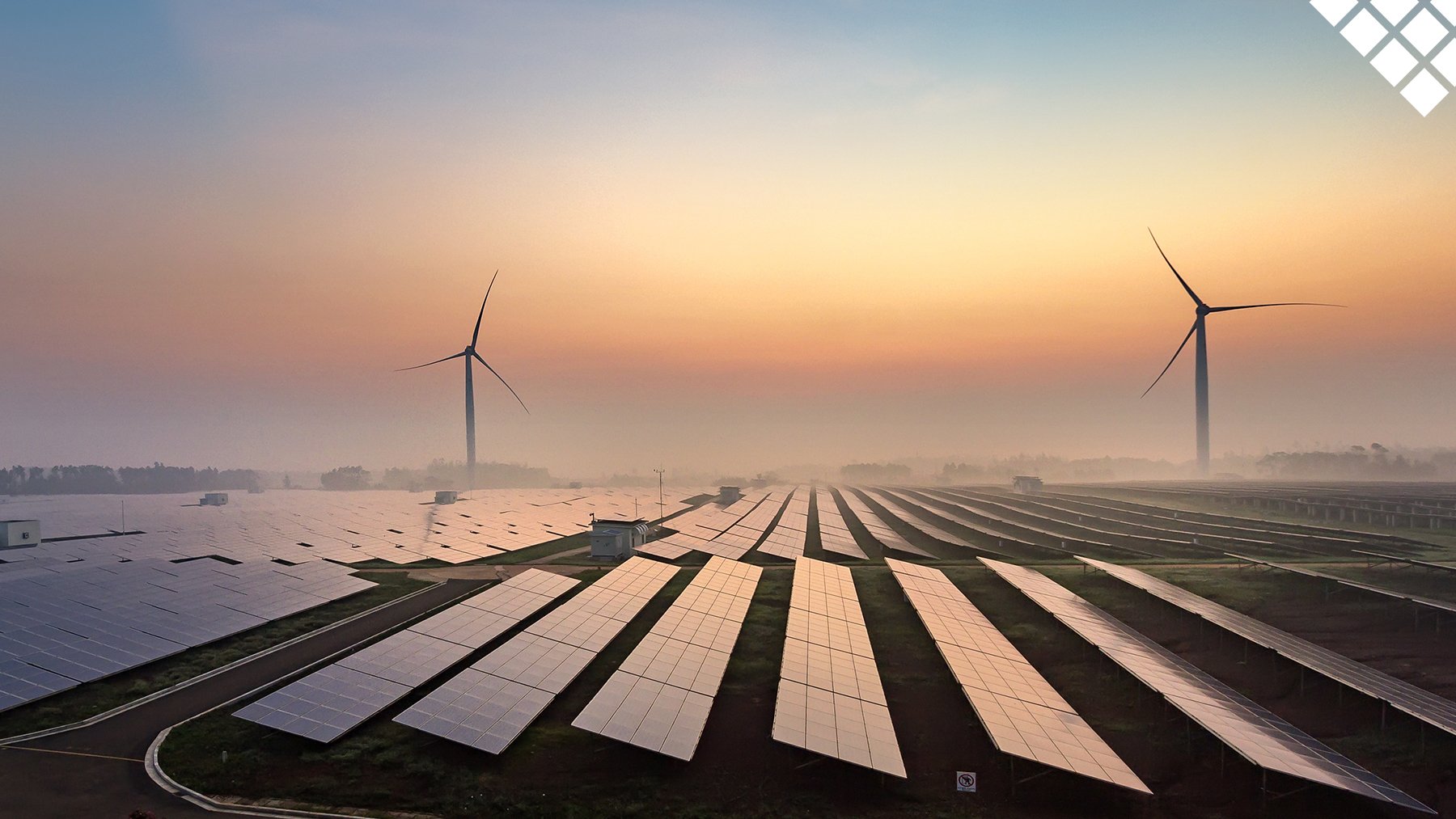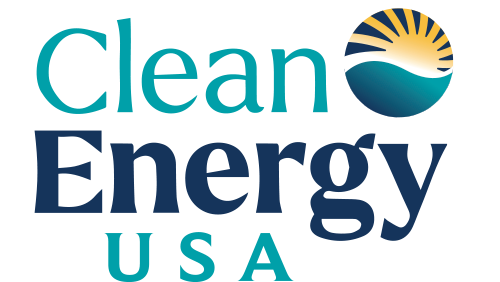
Should Businesses Choose Solar or Wind To Power Their Properties?
With utility prices ever on the uptick, many businesses are constantly looking for alternative sources of energy—anything that can prove to be cost effective in these times when budgets are tight and every dollar counts.
This smart search mainly leads commercial property owners to one of two potential options for energy solutions: solar and wind. While both have garnered well-deserved praise for the ability to eschew the traditional bills and overreaching power of utility companies, many businesses are likely wondering which one lights the path to actual renewable energy.
Truthfully, the answer is a resounding both. Solar panels and wind turbines are a vitally important pair of alternative energy options for both residential and commercial customers. Powered by actual forces of nature, solar and wind represent two renewable sources of energy that don’t gobble up the planet’s natural resources. What’s more, both options grant customers a measure of cost savings that traditional power utilities cannot match.
Solar vs. Wind: Which Is Better For Commercial Businesses?
Both solar installations and wind turbines offer advantages to commercial property owners. However, one is definitely better suited for businesses of all sizes in and around Delaware:
It’s Solar.
Fueled by that great, eternal power source, the sun, solar energy delivers incredible energy savings for businesses. Solar panels drastically reduce daily operating costs, with market data demonstrating that companies that install solar panels cut their electric bill by nearly 90 percent or more. This all but totally erases electric bills from a business’ bottom line.
What’s more, a photovoltaic array (solar panel system) continues to function even on cloudy days, at nighttime, and when storms or obstacles obscure the sun’s path to the panels. Solar panels are quite skilled at capturing multiple types of sunlight beyond direct exposure. There’s diffuse sunlight, which is sunlight filtered through and scattered by clouds, as well as reflected sunlight, which bounces off buildings or other surfaces before landing on your solar panels.
On the other hand, wind is an intermittent source of energy—perfect for windy environments such as plains of the Midwest, but not great for heavily populated coastal regions like The First State. With wind fluctuations determining how much energy is absorbed by wind turbines, these systems may not be suitable to meet the average demand of energy consumption for commercial properties.
Wind turbines also pose a threat to wildlife, specifically for birds and bats, exponentially increasing their high mortality rate. Meanwhile, solar panels are minimally invasive to the natural fauna found in Delaware.
Fueled by that great, eternal power source, the sun, solar energy delivers incredible energy savings for businesses.
The Cost Benefits Of Solar For Commercial Properties
The price of solar panels saw a drastic decline in recent years, with installation costs now far more accessible to small businesses, not just large enterprises. It’s also more cost-effective in the long term, with a return on investment that far exceeds the initial cost of the solar panel array. Then there’s the maintenance costs, which totals little-to-none for solar panels. That’s right—solar panels can easily last up to 30 years without any maintenance necessary.
Meanwhile, other cost savings for solar appear in the form of programs that incentivize commercial property owners to transition to sun-powered energy. These solar incentives include a federal tax credit, Delaware grants, state environmental incentives, and local rebates and incentives, along with Clean Energy USA promotions. For example, commercial properties can receive up to $30,000 from the state alone to offset costs of installation.
One specific solar incentive in Delaware is known as Net Metering. With this policy, your utility company gives your business credit for any excess electricity you send (not sell) back to the grid. When you generate more electricity that you use, you get a credit on your electricity usage—sometimes listed as “New Cumulative Credit”—and this credit is carried forward to your next bill.
Solar Energy Shines As The Answer For Commercial Properties.
In many parts of the country, wind turbines are the cheaper option. However, it’s crucial to remember that wind turbines boast a much higher maintenance cost than solar panels. And when you factor in that the dependence on wind doesn’t make these systems viable everywhere in the country, the answer is clear that businesses should look toward the light for an alternative source of expense-saving energy.
FREE DOWNLOAD
Solar Energy Incentives for Commercial Customers
Find out how you can save more with Solar Energy Incentives!
Download Now